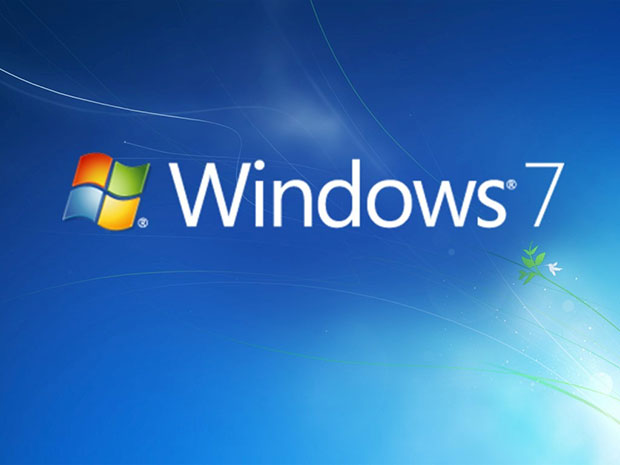AMD Ryzen Might Officially Support Windows 7 Unlike Intel's Kaby Lake

AMD recently revealed at an information session that it is working on drivers that will add official Ryzen (and AM4 platform) support to Microsoft’s still-popular Windows 7 operating system. Microsoft is not taking it upon itself to create drivers for the operating system, which was first released way back in 2009, so it’s up to AMD to make the magic happen. It’s unknown if the drivers will support 100 percent of the functionality that’s available with Ryzen, but the mere fact that Windows 7 users won’t be left completely in the dark is commendable given the operating system’s age.

As of January 2017, Windows 10 has gobbled up 27.72 percent of the global desktop operating system market. Windows 7, however, is holding firm at 40.06 percent (according to StatCounter). That’s still a pretty big slice of the market and AMD is likely looking to appeal to businesses that aren’t yet sold on the Windows 10 operating system, but still need a performance boost from new hardware.
Intel, however, is taking a different approach with Kaby Lake. Kaby Lake only officially supports Windows 10, and Intel won’t be producing drivers to support Windows 7. This of course doesn’t mean that Kaby Lake won’t run on older operating system like Windows 7 and Windows 8.1; just that features like Speed Shift won’t be fully supported (as we explain here).
Ryzen is based on AMD’s 14nm Zen microarchitecture, will be available in quad-, hexa- and octa-core variants, and will come multiplier-unlocked.

